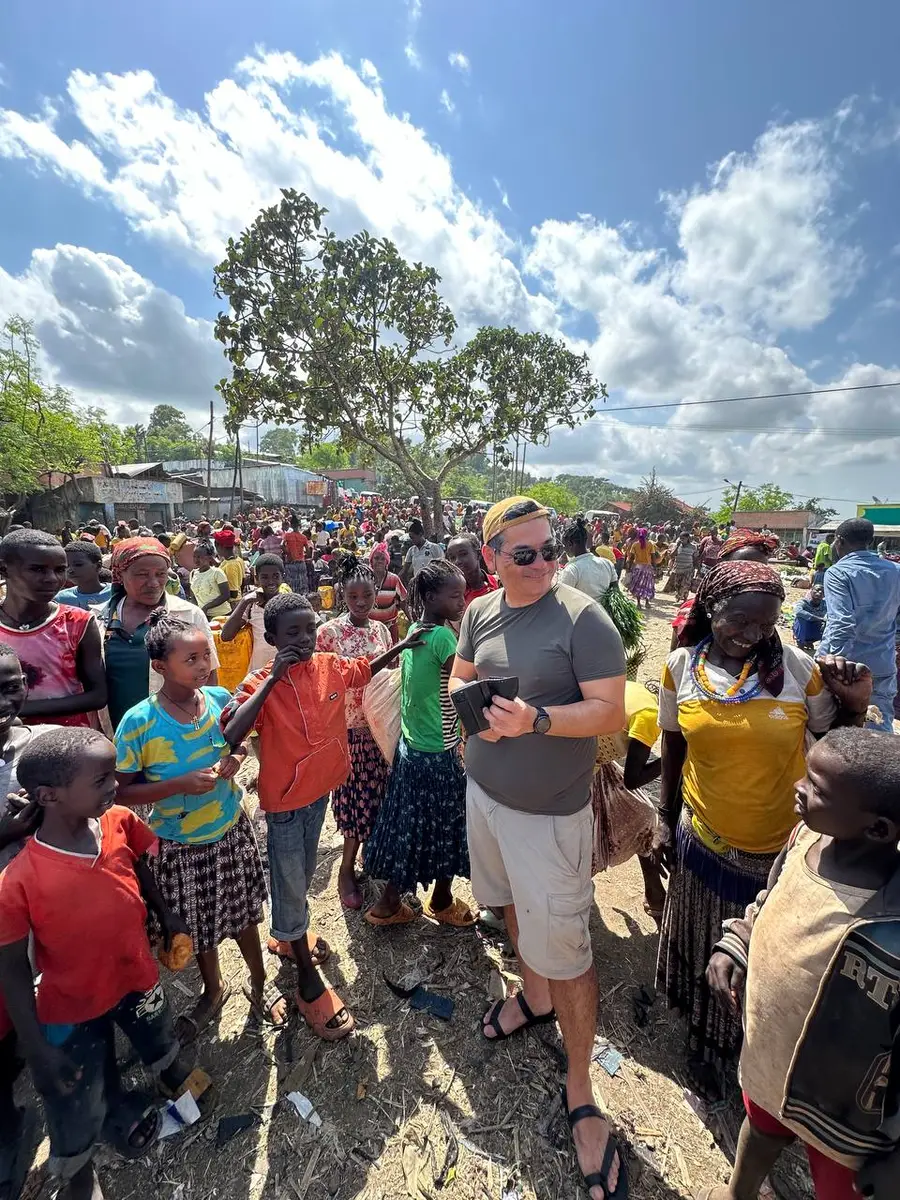
13
Jul
Exploring Market Days in Ethiopia's Omo Valley: A Cultural Calendar
Introduction
Market days in Ethiopia's Omo Valley
are not just about commerce; they are vibrant cultural gatherings that
highlight the diversity and traditions of local tribes. Each market day offers
a unique opportunity to witness age-old practices, exchange goods, and immerse
yourself in the rich heritage of this UNESCO World Heritage site.
Turmi: Monday and
Thursday
Turmi hosts its bustling market on
Mondays and a smaller women's market on Thursdays, where local crafts and
agricultural products are traded amidst lively conversations and traditional
music.
Demeka: Saturday and
Tuesday
Saturdays and Tuesdays see Demeka
come alive with its market, known for its agricultural produce, handicrafts,
and livestock, attracting locals from surrounding villages.
Alduba: Tuesday
Alduba boasts the largest market in
the Omo Valley on Tuesdays, drawing traders and visitors alike with its
extensive array of goods and bustling atmosphere.
Keyafar: Thursday
Thursday is market day in Keyafar,
where you can experience the vibrant trade of livestock, handmade crafts, and
cultural artifacts, all amidst the colorful attire of local tribespeople.
Jinka: Saturday and
Tuesday
Jinka's market days on Saturdays and
Tuesdays are vibrant affairs where the local community gathers to trade
livestock, textiles, and agricultural products, reflecting their rich cultural
heritage.
Omorate: Daily
Market
Omorate's daily market offers a
constant flow of activity, providing essential goods and a glimpse into the
daily life and commerce of the local Nyangatom people.
Konso: Thursday and
Saturday
On Thursdays and Saturdays, Konso
hosts its markets, known for their distinctive terraced landscapes and vibrant
displays of local produce, crafts, and cultural artifacts.
Bodi: Daily at Hana
Hana, home to the Bodi people, hosts
a daily market where you can encounter their unique cultural practices and
trade in a variety of goods amidst the stunning landscapes of the Omo Valley.
Karo: No Formal
Market
The Karo people do not have a formal
market day, yet their community life and cultural practices are integral to the
tapestry of the Omo Valley's cultural diversity.
Nyangatom: Daily
Market
The Nyangatom people maintain a
daily market in Omorate, where goods are traded and community life unfolds
against the backdrop of the Omo River.
Tsemay: Monday
Monday is market day for the Tsemay
people, a time when locals gather to trade livestock, agricultural produce, and
handicrafts, showcasing their unique cultural traditions.
Arbore: Monday
Arbore's market on Mondays is a
vibrant affair where you can experience the local culture through trade, music,
and the colorful attire of its people.
Dorze: Thursday and
Saturday
Dorze hosts its markets on Thursdays
and Saturdays, known for their distinctive bamboo houses and the trade of local
textiles, agricultural products, and handicrafts.
Importance of Market
Days
Market days in the Omo Valley are
vital for local economies and social cohesion. They provide an essential
platform for communities to exchange goods, preserve cultural practices, and
strengthen social bonds through shared traditions and celebrations.
Visiting Market Days
Responsibly
When visiting market days in the Omo
Valley, respect local customs and traditions. Engage with local guides, such as
those from Jebena Tours Ethiopia, who have established relationships with
communities and can facilitate meaningful interactions. Ensure that your
presence contributes positively to the local economy and environment by
purchasing ethically sourced goods and minimizing your impact on the natural
surroundings.
Conclusion
Market days in Ethiopia's Omo Valley
offer an immersive cultural experience that is both enriching and
unforgettable. From vibrant market stalls to the rhythmic beats of traditional
music, each visit promises to deepen your appreciation for the rich diversity
of Ethiopia's cultural landscape. Embrace the opportunity to witness living
traditions and support sustainable tourism practices that preserve these
invaluable cultural treasures for future generations.
Share Now



Comments